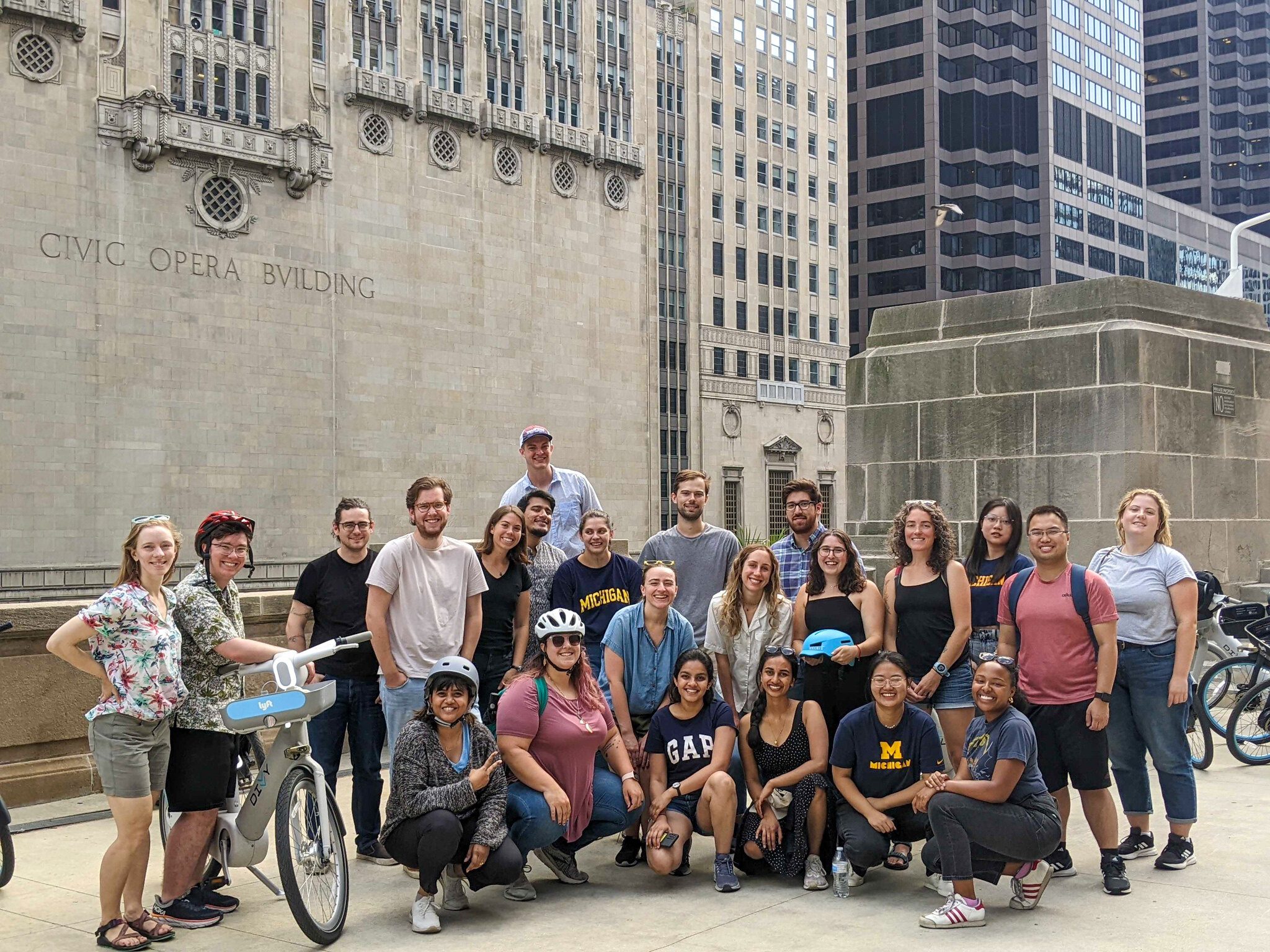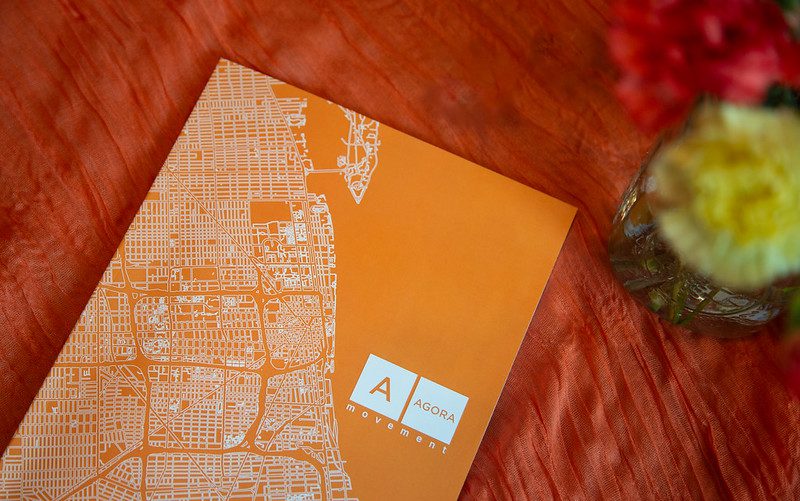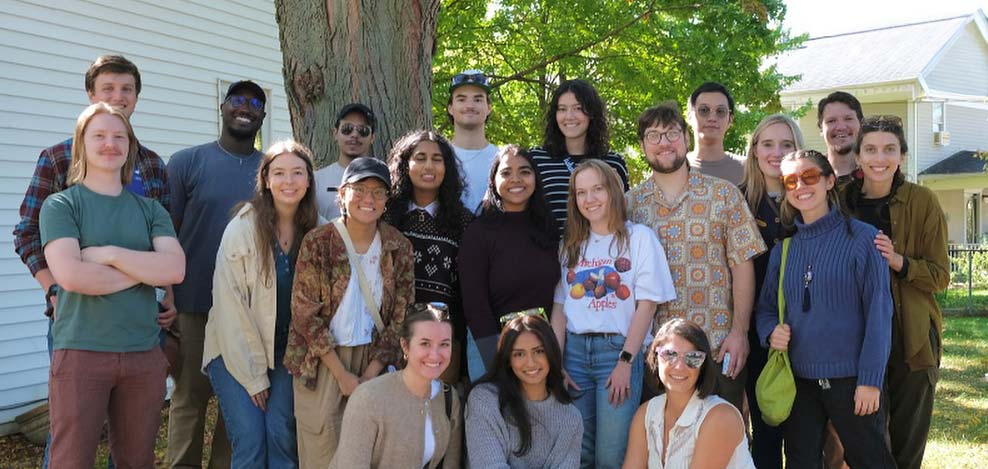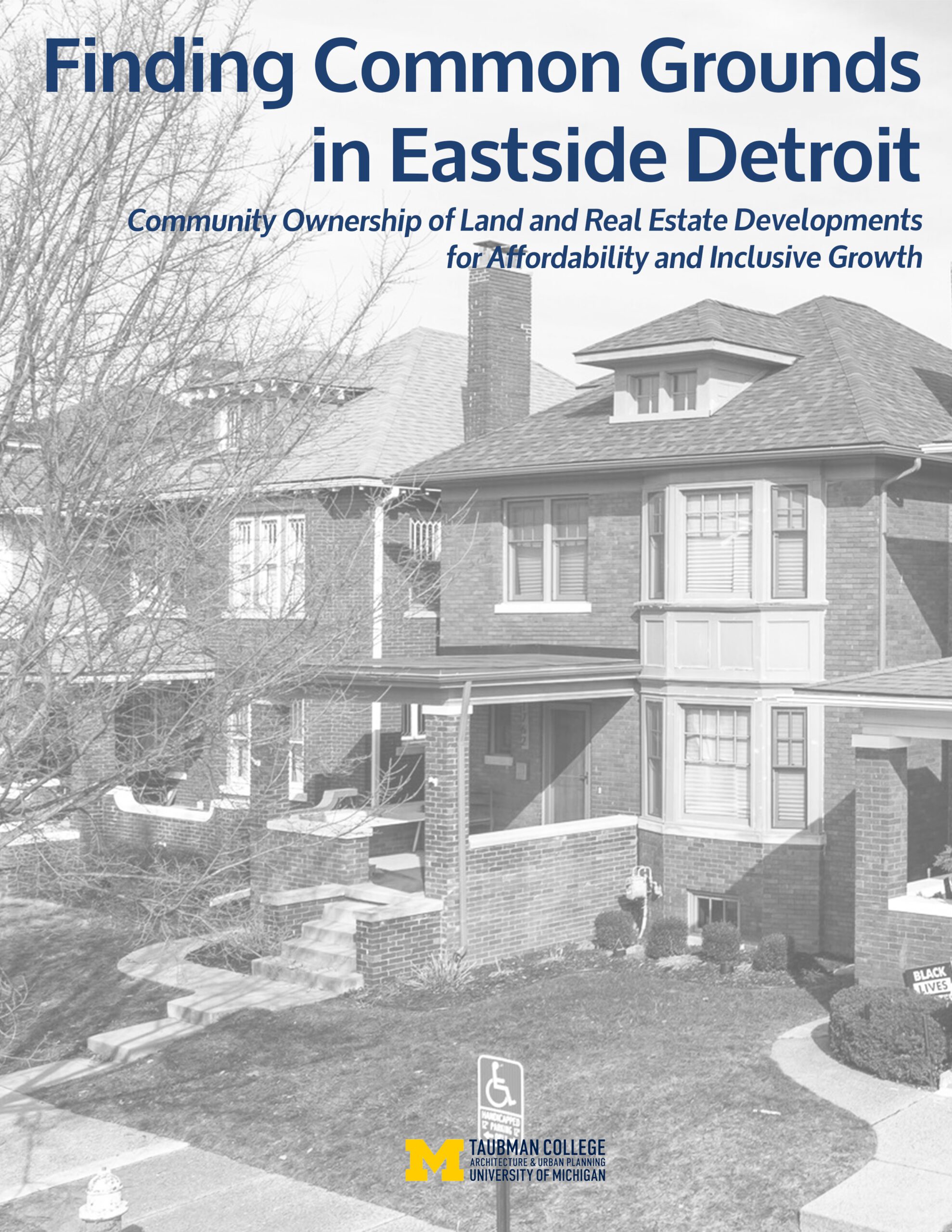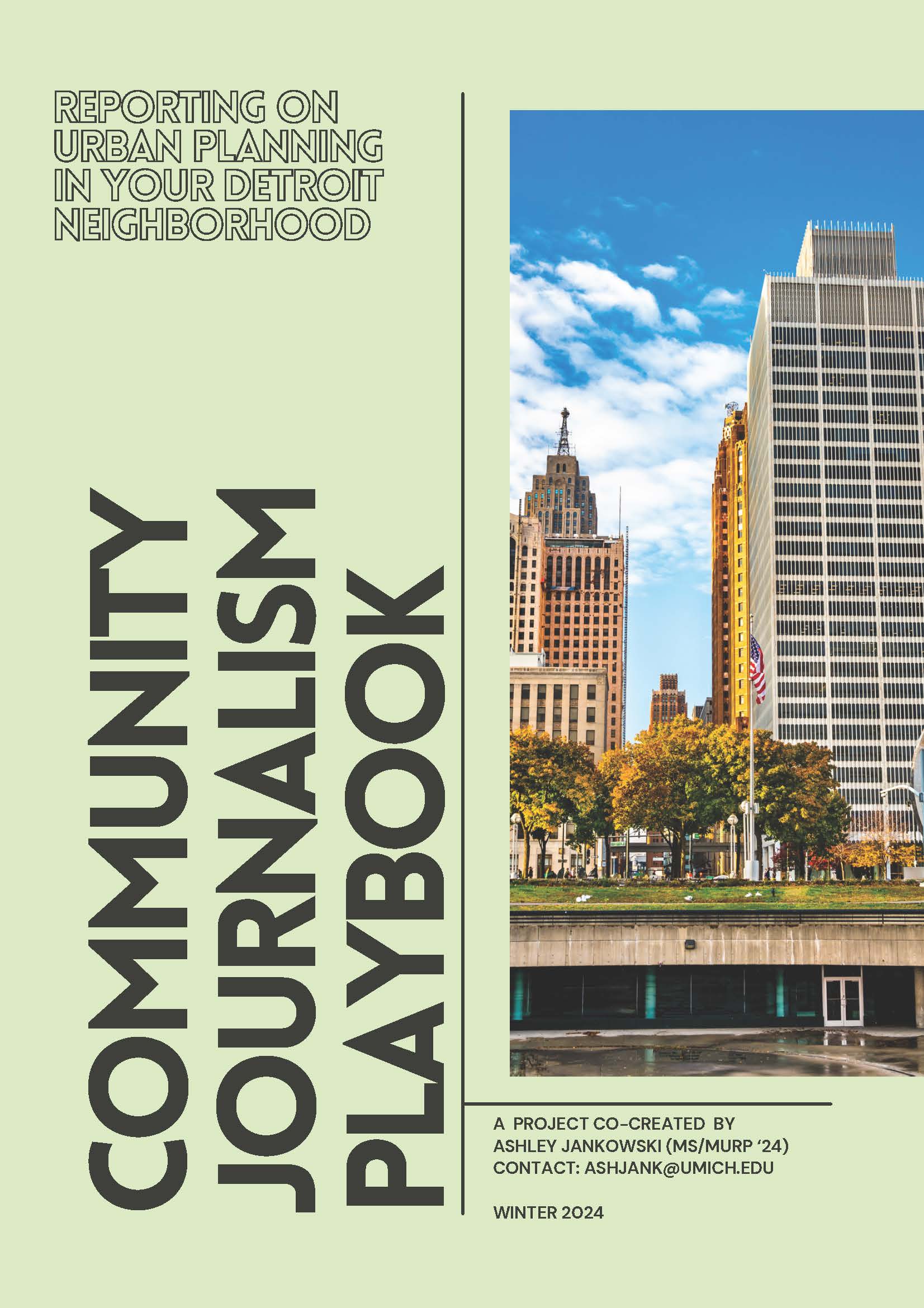Master of Urban and Regional Planning

Our top-ranked Master of Urban and Regional Planning (M.U.R.P.) degree prepares you to lead the way toward better urban and regional futures. You will become a future-focused practitioner who plans for and engages with communities for the greater good, a core value at our top-ranked, research-intensive public university. You will learn to apply your theoretical and practical knowledge and skills to any number of career paths, from private business to social impact non-profit organizations to public sector agencies at all levels.
Our robust core curriculum and deeply committed faculty focus your learning on solutions that consider current and future planning and city-making scenarios for society, climate, and technology. You will engage in co-creative planning that involves building places, institutions, and policies with people and for people, while pursuing sustainable solutions that take into account the environmental impact on the planet. You will gain a theoretical and practical foundation and advanced skills that prepare you to make real-world impact from day one as part of a diverse and thriving network of deeply engaged faculty, students, staff, and alumni around the world.
Focus Areas
The Master of Urban and Regional Planning program offers students a robust core curriculum and the opportunity to explore a broad range of topics. The focus areas listed provide guidance about elective courses a student could take to gain depth in specific areas.
Top 5 reasons to study Urban and Regional Planning at Michigan
University of Michigan: World-Class Reputation and Unmatched Resources
Join us at the University of Michigan, a world-renowned leader in higher education, offering rich opportunities; multiple top programs across campus open to our students, including research and teaching opportunities; a strong reputation and name recognition beyond graduation; and a close-knit Urban and Regional Planning community within these deep and rich resources.
Ann Arbor and Detroit’s Unbeatable Location and Urban Connections
Experience learning and working in both Ann Arbor, a progressive, walkable, and bikeable community with robust public transportation and innovative practices in sustainability and green energy, and Detroit, a dynamic center of grassroots, community-based planning efforts and a model for redevelopment in the 21st century. Taubman College’s deep local and regional partnerships open doors to real-world projects, internships, and professional connections.
Cutting-Edge Urban Technology Integration
Be at the forefront of shaping cities for the future. Taubman College’s urban planning program is closely aligned with urban technology and other resources on campus, where faculty are designing the tech that will shape the future of our cities, from AI and electric vehicles to advanced energy systems.
Hands-On, Project-Based Learning
Build real planning skills from day one with project-based work within real communities and an award-winning capstone studio experience with real clients. And be connected to an outstanding state chapter of the APA, and nearly 700,000 U-M alumni living around the globe.
Personalize Your Curriculum and Dual-Degree Options
Tailor your education to your interests and career goals, stitching together insights from multiple fields. Our flexible curriculum balances practice and theory, offering 9 focus areas, multiple certificates and dual-degree options, and a wide range of electives, while also building practical skills you will use on Day 1 of your career.
Opportunities
Student Work: Exit Projects
As a M.U.R.P. student, you will complete an exit project by choosing between a Capstone, thesis, or individual professional project in your final semester of the program. Capstone projects, developed by students for real clients, have won awards from the American Planning Association and the Michigan Association of Planning.
Community and Connections
You will be well-supported by a large and inclusive community of students, faculty, and staff who are knowledgeable, curious, collegial, and just as excited about planning as you are. They bring a variety of experiences and points of view. They will be your sounding board, your support network, and your friends.
Intellectually Diverse Faculty
Our program’s strength is rooted in a collaborative culture of intellectual diversity. You will learn from faculty with a wide variety of expertise and methodologies.





